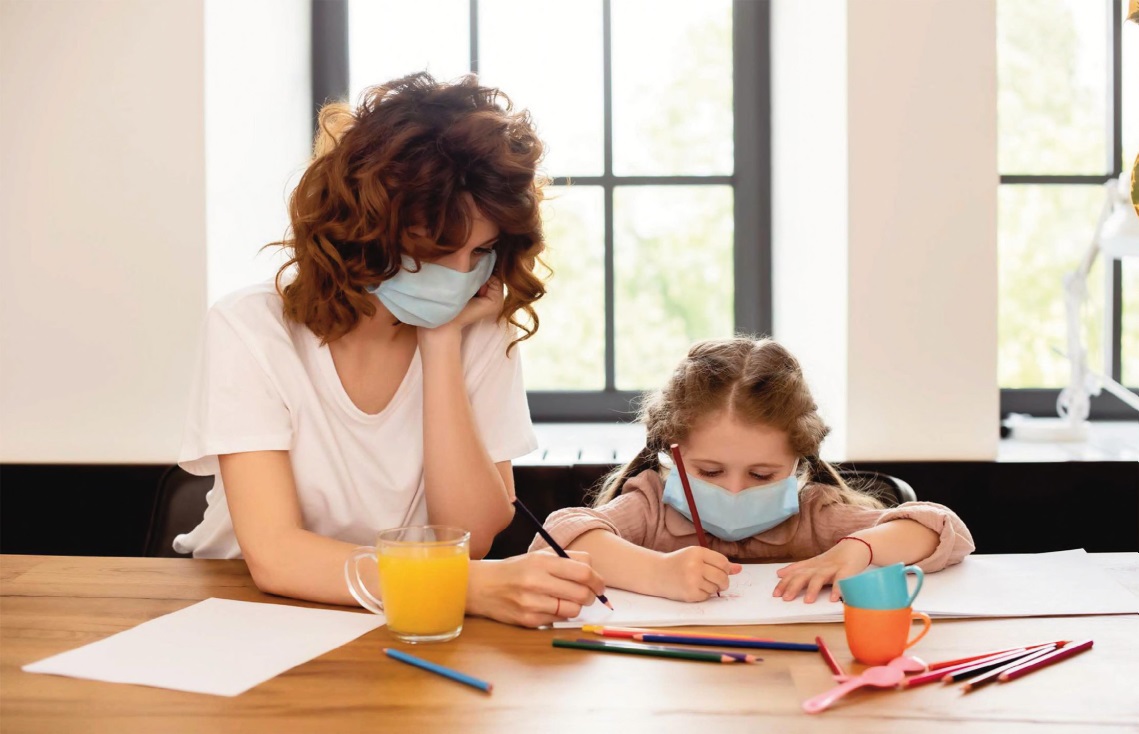Each special needs child has unique perceptions of what one's world is or should be. These needs are often met through a specific teacher or accompanying aid who walks them through what we might consider a very normal process, like turning on the computer, typing in our password, and going to the right program for whatever task is assigned.
Due to the pandemic, everything for every student changed. Any variation from normal is not always a welcome addition in the special needs world. Physical needs, along with medical or mental challenges, can create a huge set of problems for both the teacher and parents when they can't be met.
Some school systems offered video programs for both academics and physical therapies. But parents, unlike teachers and therapists, are not trained to carry out the task with their child, despite their desire to do so. Training isn't the only issue. A child doesn't always respond well to a parent as teacher. They see their parents as "parents," and regardless of how hard either side tries, the parent just cannot fill the teacher role, causing frustration for both parent and child.
These complications have created a virtual hole in the education of many of our special needs children. One of the biggest
problems with the closure of schools during the pandemic is the lack of ability to sustain developmental targets and funda mental skill sets required for autonomous living.
Children see their parents as "parents," and regardless of how hard either side tries, the parent just cannot fill the teacher role, causing frustration for both parent and child.
Becky Poling from Ohio shared that her autistic daughter, Rachel, was a senior when COVID-19 hit. Rachel had been active in 4H since she was eight years old. She had learned to navigate different environments, developed social skills, and was active in her local youth group. Before the virus hap
pened, she was planning to attend a program five days a week designed for young autistic adults to further education and job training and help her sustain her skills. She was ready for this change.
Then the pandemic happened, and everything was canceled. It was abrupt, and she was unprepared. Her daughter, Becky explained, "spiraled downward." New medications were required to help her handle the grief and anguish she experienced. Plans for her now have changed due to a distinct regression of learning skills and emotional upheaval. Her parents enrolled her in a program for one day a week, and hopefully, Rachel will be able to move up to the former status over time.
It may be difficult to grasp a child grieving over the loss of her normalcy, but it happens. Dr. Bergina Isbell, Chief Medical Officer of Led Life, LLC., and mother of an autistic and atten tion-deficit/hyperactivity disorder (ADHD) son from Maryland,

KEEPING PACE: "One of the biggest problems with the closure of schools during the pandemic is the lack of ability to sustain developmental targets and fundamental skill sets required for autonomous living."